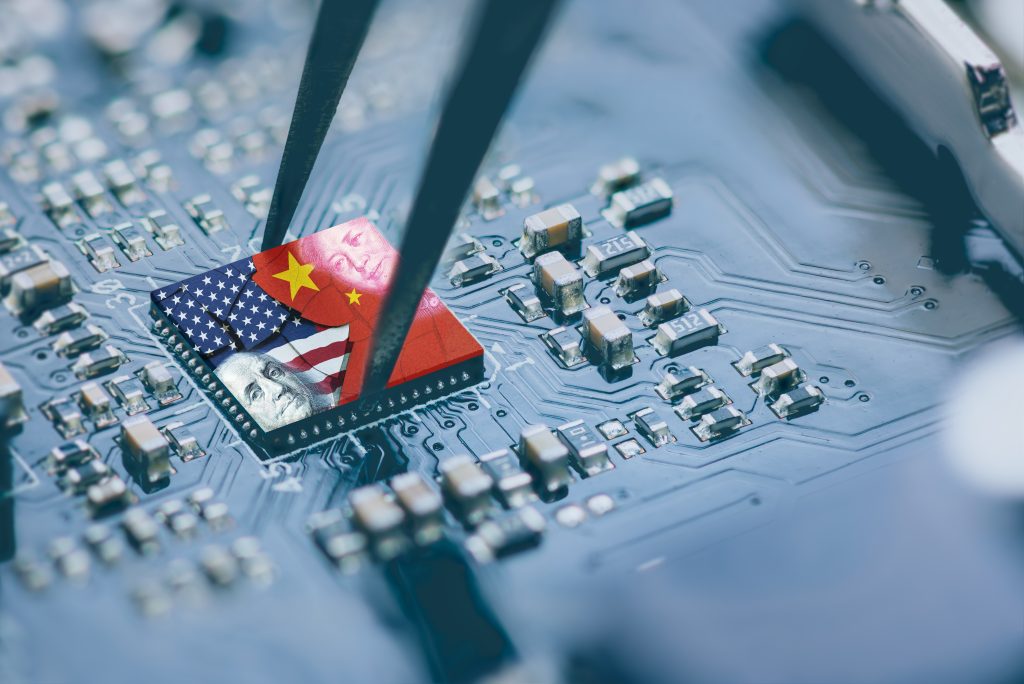
US-imposed restrictions on advanced chip sales to China have propelled a significant US-China chip shift in the country’s chip industry. Chinese entities are steering away from purchasing the latest Nvidia chips, custom-built for the Chinese market but limited by US restrictions. Instead, they are turning to domestically manufactured alternatives.
According to the Wall Street Journal, prominent Chinese cloud service providers like Alibaba and Tencent, who’ve been assessing experimental Nvidia chip models designed for China since November, have expressed dissatisfaction with their performance. As a result, they plan to reduce their orders for US chips.
The dwindling capabilities of Nvidia chips have diminished the performance gap between them and locally produced Chinese chips, making the latter more appealing. This convergence in performance and lower costs has attracted large companies to opt for these local alternatives.
Alibaba and Tencent are exploring local alternatives like Huawei’s chips while also experimenting with in-house chip manufacturing. Similarly, Baidu and ByteDance, the developer of TikTok, are adopting a similar approach for their AI model operations.
In response to the US government’s continual crackdown on exporting sophisticated chips to China, Chinese companies are revising their strategies to lessen reliance on Nvidia chips. They seek to create more stable operational frameworks that aren’t significantly affected by shifts in chip supplies.
Reportedly, Chinese cloud market entities currently rely on Nvidia for 80% of their chip needs but are anticipated to reduce this dependency to 50% to 60% in the next five years.
Nvidia remains confident about its market position, stating that declining demand in China hasn’t impacted its returns significantly. However, the company’s CFO Colette Chris warned about the long-term impact on the US chip market if restrictions on Nvidia chips persist.
Despite testing Nvidia’s H20 experimental chip last year, Chinese companies realized that significant quantities of chips were needed to match the performance of the restricted US chips. Meanwhile, Huawei emerged as a strong competitor, selling thousands of Ascend 910B AI chips to major Chinese firms, with plans for further chip production expansion in 2024.
Although US restrictions have posed production challenges for Huawei, Chinese tech companies continue to rely on its chips. Huawei aims to introduce new AI chips later this year, reinforcing its position in the market.
Inside Telecom provides you with an extensive list of content covering all aspects of the tech industry. Keep an eye on our Tech sections to stay informed and up-to-date with our daily articles.